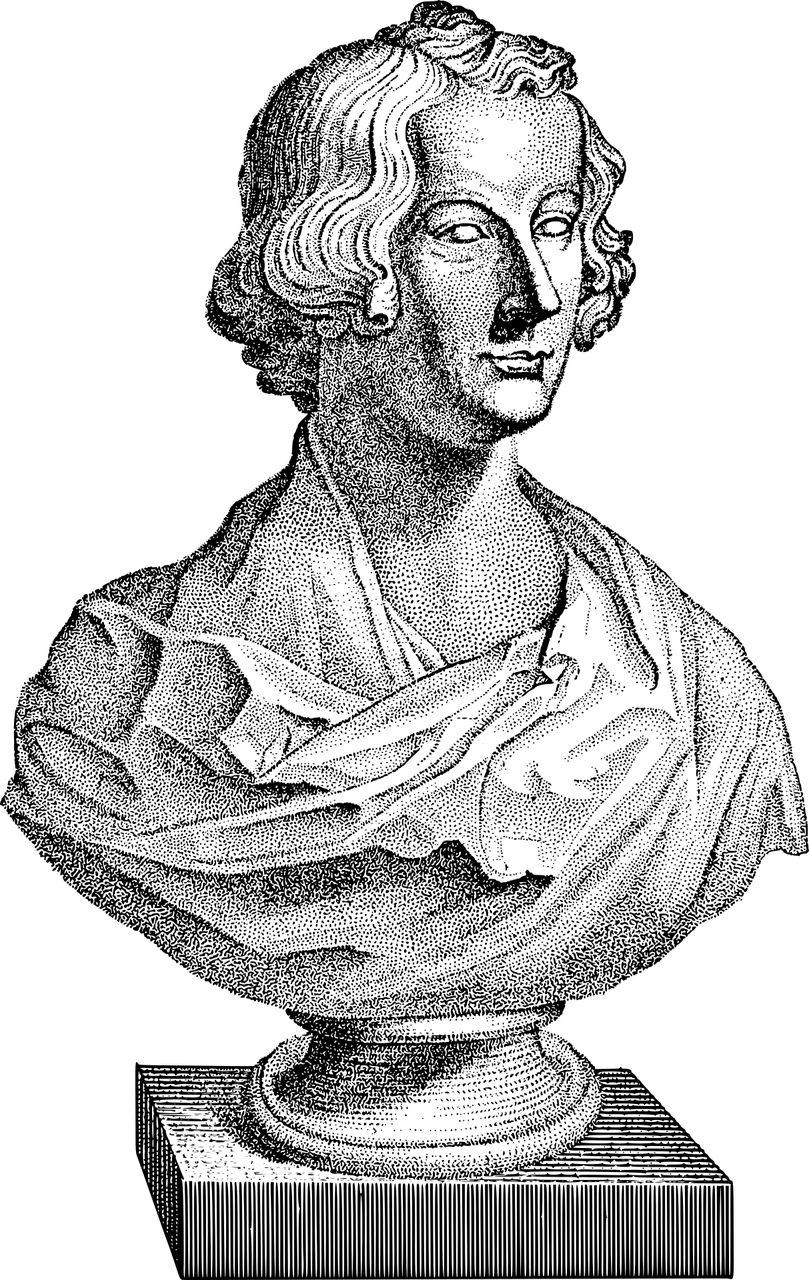William Shakespeare: The Enigmatic Bard

Introduction
William Shakespeare, often referred to as the Bard of Avon, is arguably one of the greatest playwrights and poets in history. His works, which include plays, sonnets, and narrative poems, have been studied and performed for over four centuries, captivating audiences worldwide. This article aims to provide a comprehensive profile of Shakespeare, delving into his background, works, and the impact he has had on literature and culture.
Early Life and Education

Shakespeare was born in Stratford-upon-Avon, England, in 1564. Little is known about his early life, but it is believed that he attended the local grammar school, where he received a classical education. His education would have exposed him to the works of classical writers such as Ovid and Virgil, which would later influence his own writing.
Rise to Prominence
Shakespeare’s career as a playwright began in the late 1580s, when he joined the Lord Chamberlain’s Men, a renowned acting company. He quickly gained recognition for his poetic and dramatic talents, and his plays became popular among both the masses and the aristocracy. Shakespeare’s success led to the establishment of the Globe Theatre in London, where his plays were performed.
Works
Shakespeare’s oeuvre comprises 39 plays, 154 sonnets, and two long narrative poems. His plays can be broadly categorized into tragedies, comedies, and histories. Some of his most famous tragedies include “Hamlet,” “Macbeth,” and “Romeo and Juliet,” while his comedies include “A Midsummer Night’s Dream” and “Twelfth Night.” His historical plays, such as “Richard III” and “Henry V,” provide a fictionalized account of England’s past.
Shakespeare’s plays are characterized by their rich language, complex characters, and universal themes. He delves into the depths of human emotion, exploring love, jealousy, ambition, and the human condition. His works continue to resonate with audiences today, often serving as a reflection of society and a commentary on the human experience.
Evolution of Shakespeare’s Reputation
During his lifetime, Shakespeare was highly regarded as a playwright and poet. However, his popularity waned after his death in 1616. It was not until the late 18th century, known as the “Shakespearean renaissance,” that his works experienced a resurgence. Critics and scholars began to analyze and interpret his plays, recognizing the genius behind the words.
In the centuries that followed, Shakespeare’s reputation soared. His works were translated into multiple languages and performed globally. They were praised for their wit, insight, and mastery of language. Shakespeare’s influence on literature and drama cannot be overstated; his plays have served as inspiration for countless writers, filmmakers, and artists.
Impact on Culture and Society
Shakespeare’s influence extends far beyond the realm of literature. His plays have been adapted into countless film and stage productions, with actors such as Laurence Olivier, Kenneth Branagh, and Judi Dench immortalizing his characters. His words have seeped into everyday language, with phrases such as “all’s well that ends well,” “fair play,” and “to be or not to be” becoming common idioms.
Moreover, Shakespeare’s works have been subject to ongoing reinterpretation and adaptation. His themes and characters remain relevant, allowing for contemporary reinterpretations that reflect social and cultural changes.
Conclusion
William Shakespeare’s legacy as a playwright and poet is unparalleled. His works continue to captivate audiences, transcending time and cultural barriers. His ability to explore the human condition with depth and insight is what makes him a timeless literary figure. Whether you are a literature enthusiast, a theater lover, or simply curious about the life and works of one of history’s greatest writers, delving into the world of William Shakespeare is a journey that promises enlightenment and enjoyment.
FAQ
What is the historical significance of William Shakespeare?
What is the legacy of William Shakespeare?
What is William Shakespeare known for?
Flere Nyheder
Fotograf Aalborg: Fang dine vigtigste øjeblikke
Introduction William Shakespeare, often referred to as the Bard of Avon, is arguably one of the greatest playwrights and poets in history. His works, which include plays, sonnets, and narrative poems, have been studied and performed for over four cen...
02 marts 2025
Billedrammer: Sådan udvælger og styler du dit hjem med personlige touches
Introduction William Shakespeare, often referred to as the Bard of Avon, is arguably one of the greatest playwrights and poets in history. His works, which include plays, sonnets, and narrative poems, have been studied and performed for over four cen...
12 juli 2024
Fotografens kreative univers: Mere end et klik med kameraet
Introduction William Shakespeare, often referred to as the Bard of Avon, is arguably one of the greatest playwrights and poets in history. His works, which include plays, sonnets, and narrative poems, have been studied and performed for over four cen...
03 maj 2024
Klaus Rifbjerg Bøger: En Undersøgelse af Danmarks Litterære Ikon
Introduction William Shakespeare, often referred to as the Bard of Avon, is arguably one of the greatest playwrights and poets in history. His works, which include plays, sonnets, and narrative poems, have been studied and performed for over four cen...
18 januar 2024











